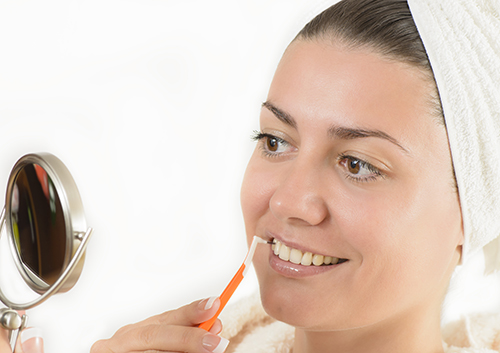The Importance of Regular Dental Checkups
November 1st, 2023

When was the last time you paid Dr. Jeffery Spahr and Dr. Janna Spahr a visit? If you're like many people, chances are it was more than six months ago. We hear the reasons why people neglect regular dental visits all the time: lack of money or quality dental insurance, busy schedules, and fear. However, your twice-yearly checkups are so important for your dental health and for your overall health as well.
You may brush your teeth twice a day and even floss, and your teeth may feel fine, but regular dental checkups with Dr. Jeffery Spahr and Dr. Janna Spahr aren’t about addressing problems and reacting — they are about cavity prevention. No matter how much you brush and floss, there is still a chance that food or other debris can get lodged between your teeth, and there is also a chance that food and beverages can wear down your tooth enamel in between visits, making your teeth vulnerable to decay.
In addition to a thorough teeth cleaning and polishing, these regular visits help us detect and prevent the onset of tooth decay and periodontal (gum) disease. During your visit, we’ll check the health of your mouth, teeth, gums, cheeks, and tongue. We’ll also check old fillings and restorations, as these can wear away over time from constant chewing, grinding, or clenching.
It's important to know that the majority of dental problems do not become visible or painful until they are highly advanced. And, unfortunately, serious oral issues are painful and expensive to treat. A deep cleaning twice a year by our team at Fallbrook Family Dentistry is the best way to hit all the spots you may have missed with brushing and flossing and prevent any problems that may have gone unseen.
Make sure your teeth get the professional attention they deserve! If you’re overdue for your next cleaning, please give us a call to schedule an appointment at our convenient Lincoln, NE office!





